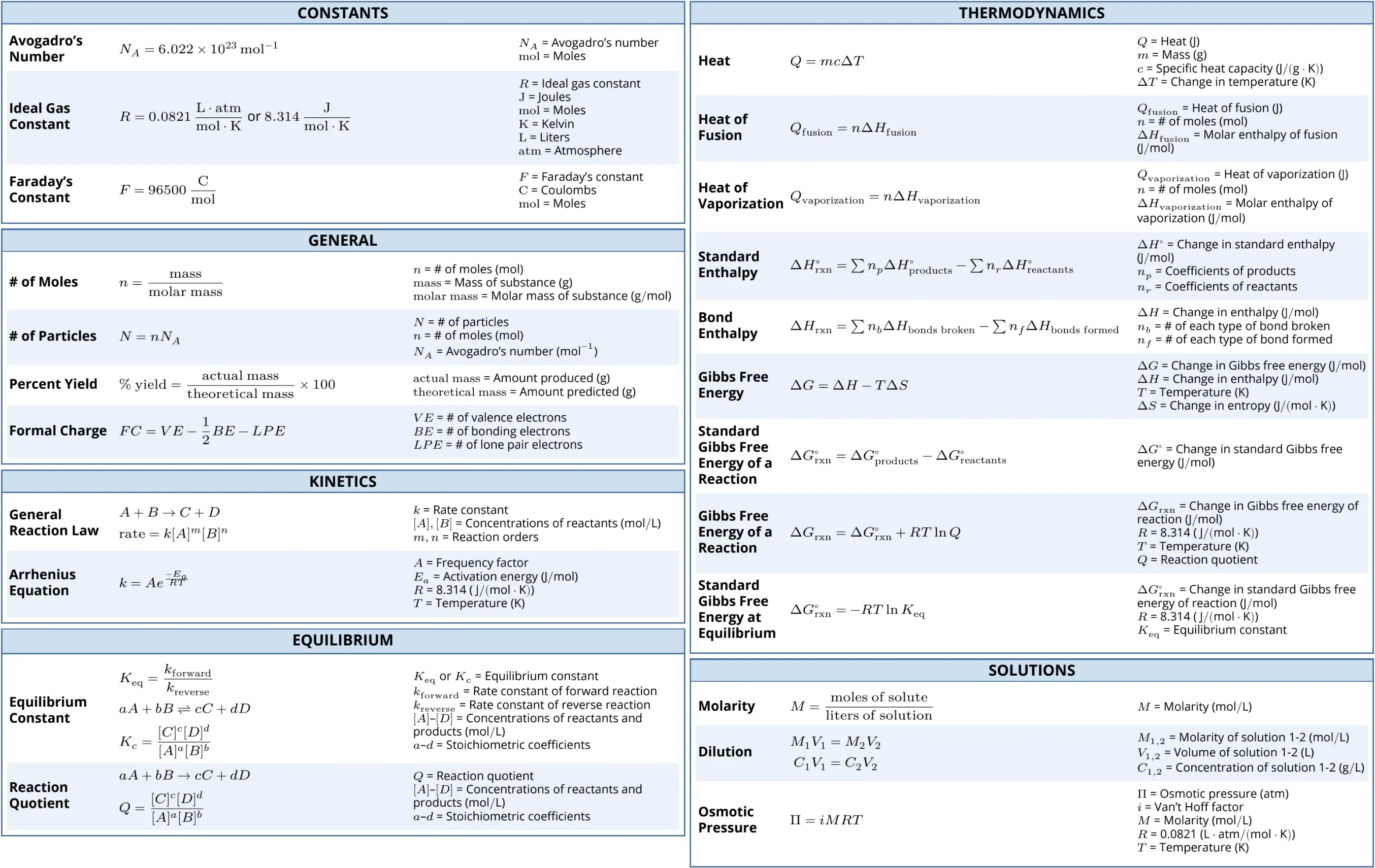Preparing for the Medical College Admission Test (MCAT) can feel overwhelming. Between managing premed classes, research, and clinical experiences, many students wonder if there is an easier way to prepare. While there is no shortcut to mastering the MCAT, there are smart and sustainable ways to study that make the process much more manageable.
The secret to studying for the MCAT the relatively easy way is to focus on strategy, structure, and consistency. By understanding what the exam truly tests, prioritizing high-yield content, and using the right study tools, you can make efficient progress without spending every waking hour buried in notes.
Why the MCAT Feels So Difficult
The MCAT is not just a memory test. It measures how well you can analyze information, apply concepts, and reason through complex problems across biology, chemistry, physics, psychology, and sociology.
Many students make the mistake of trying to memorize every fact from their undergraduate courses. A better approach is to study conceptually, understanding how ideas connect across disciplines. This makes it easier to solve unfamiliar questions on test day.
Step 1: Focus on High-Yield Topics
Not all topics on the MCAT carry the same weight. Focusing your time on high-yield concepts can make your study sessions more efficient.
Some of the most important areas include:
- Biochemistry: amino acids, enzymes, glycolysis, and metabolism
- Psychology and Sociology: behavioral theories, cognition, and experimental design
- General Chemistry and Physics: circuits, fluids, forces, and thermodynamics
- Biology: cell structure, genetics, and organ systems
- CARS: reading comprehension, logical reasoning, and argument analysis
Bootcamp’s MCAT study guides organize these topics in order of importance so you can focus on what truly matters first.
Step 2: Use Active Learning Techniques
Reading notes or watching videos can feel productive, but passive studying rarely leads to strong retention. The easiest way to learn more effectively is through active recall and spaced repetition.
- Active recall means testing yourself instead of rereading material.
- Spaced repetition helps you remember information for the long term by reviewing it at increasing intervals.
You can use these techniques with flashcards or integrated study tools. The Med School Bootcamp Anki Deck and this guide on how to use AnKing with Med School Bootcamp show how to combine both methods for maximum retention.
Step 3: Create a Consistent Study Schedule
Consistency is more effective than intensity. Many students start strong and lose motivation after a few weeks. Building a steady, realistic schedule prevents burnout and helps you stay on track.
Most students spend three to six months preparing for the MCAT. A balanced study plan usually includes:
- Daily content review for 4 to 6 hours
- Weekly practice sessions focusing on different sections
- Full-length exams every two or three weeks
- Scheduled rest days to recover and recharge
Bootcamp’s study planner provides pre-made schedules that adapt to your test date and availability, helping you stay organized throughout your preparation.
Step 4: Take Full-Length Practice Exams
The MCAT is a long and demanding test that lasts over seven hours. Taking full-length practice exams helps you build stamina, master pacing, and reduce test-day anxiety.
Try to take practice exams under realistic conditions. Eliminate distractions, time yourself accurately, and review every question after you finish. Understanding why you got something wrong is more important than just knowing the right answer.
Bootcamp’s full-length MCAT exams simulate the real testing experience, giving students a clear sense of timing, difficulty, and endurance.
Step 5: Identify and Strengthen Weak Areas
The fastest way to improve your MCAT score is to focus on your weakest sections. Keep a log of missed questions and review them carefully. Write down the topic, the type of error, and how you can prevent it in the future.
Bootcamp’s analytics make this process easier by tracking your progress automatically and highlighting where you are losing the most points. This helps you direct your time to the areas that matter most.
Step 6: Take Care of Your Mental and Physical Health
Studying for the MCAT requires focus, but pushing yourself too hard can lead to burnout. Taking care of your physical and mental health makes the process easier and more sustainable.
Get enough sleep, eat balanced meals, and stay hydrated. Light exercise or short breaks can help clear your mind and improve your focus. Remember that consistent rest is part of an effective study strategy, not a distraction from it.
Step 7: Learn from Others Who Have Taken the MCAT
Talking to other students or mentors who have already taken the MCAT can give you valuable insight into what works and what does not. Many successful test takers recommend using structured resources like MCAT Bootcamp, which combines realistic questions, comprehensive content review, and personalized analytics in one place.
Bootcamp’s community of students and instructors also offers motivation and support throughout your study journey, which can make a big difference in staying consistent.
The Bottom Line: Study Smarter, Not Harder
There is no way to make the MCAT effortless, but there is a way to make it easier. By focusing on high-yield topics, studying actively, and practicing under real conditions, you can prepare more efficiently and avoid unnecessary stress.
MCAT Bootcamp gives students all the tools they need to study the smart way. With expertly written questions, detailed explanations, and structured study plans, it helps you focus on what matters most and track your progress along the way.
Studying for the MCAT does not have to take over your life. With the right mindset, consistency, and the support of the right resources, you can approach the exam with confidence and perform at your best.
Start your free trial of MCAT Bootcamp today.
Get everything you need in one place. Start studying today for free.



















